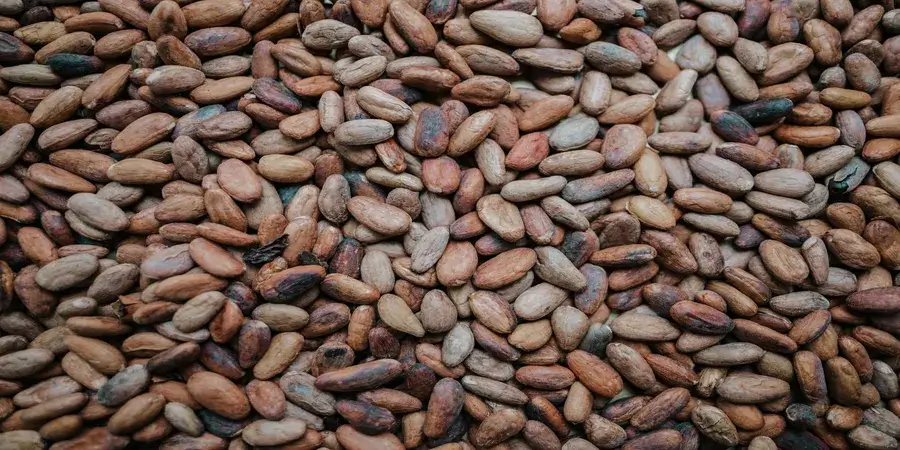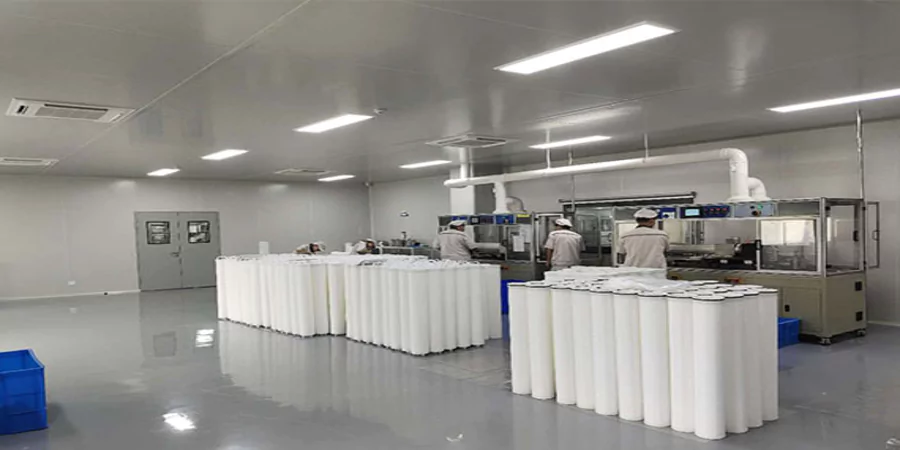Cocoa customers these days are pickier and more demanding than ever, and it’s understandable why. The variety of cocoa-based product choices is vast, and trends are evolving rapidly. Customers want clean, ethical, nutritious products, to say the least. To help your business rise to success, we’re offering a quick guideline on the steps to take to ensure you choose and collaborate with reliable cocoa suppliers.
Quality – the weightiest consideration
The cocoa bean quality is perhaps the biggest determinant of a supplier’s goods’ worth, all the more since there are so many suppliers. It’s the foundation upon which the texture, flavor, and overall experience offered by the end product are developed. From bean to bar, it’s the cocoa’s quality that determines whether the product is a hit or a flop. Low-quality beans can ruin even the most carefully crafted chocolate recipe, undermining what made the business successful.
The cocoa’s excellence boils down to more than just taste, according to industry leader ofi, and encompasses the chocolate industry’s environmental, ethical, and economic factors. This is why understanding the factors that distinguish superior from inferior cocoa ingredients is the first step in achieving excellence in chocolate production.
What distinguishes beans
Several factors determine the quality of the cocoa bean, such as its provenance, fermentation methods, drying practices, and how it’s handled after harvest. The environmental factors impacting a crop’s condition, also known as the terroir and including soil, climate, and altitude, shape the unique taste profiles of cocoa beans.
For example, beans from Ecuador often have fruity and floral notes, Ghanaian beans tend to be more robust and nuttier, while Madagascar cocoa can be citrusy and bright. The fermentation process is especially crucial as it initiates chemical changes that unlock those complex flavor compounds. Without proper fermentation and drying, the beans might taste flat or even develop undesirable off-flavors.
Ethical sourcing
Ethical sourcing is another key factor in cocoa quality, affecting not just cocoa quality, but also the entire supply chain and the people involved. Ethically-sourced cocoa results when farmers are offered the right working conditions and are protected, treated fairly, and paid correctly. This often goes hand in hand with sustainable farming practices that protect the environment, and together, these aspects can influence trade prices as well as the reputation of the cocoa wholesale provider.
For responsible suppliers, being known for their ethical sourcing can attract conscientious buyers and sometimes justify higher trade prices, since ethically sourced cocoa often comes with certifications like UTZ, Rainforest Alliance, or Fair Trade. Plus, consumers today increasingly care about where their chocolate comes from and the impact it has on communities and ecosystems, all the more since the competitiveness in this respect is high and they’re spoiled for choice.
Cocoa sourcing considerations
Before thinking of creating any chocolate bar, it’s important to consider the cocoa’s origin thoroughly. The origin impacts the flavor profile. For instance, West African beans are known for their earthy richness, while Latin American ones have an easily recognizable bright fruitiness. Indonesian cocoa can be a bit more bitter and less acidic compared to some other origins, while the Malaysian bean market, despite being smaller, has a strong reputation for the mildness of the cocoa bean flavor. Knowing all these, you can produce products that meet the specific taste desires of various markets.
The areas where cocoa farming has been practiced for a long time, and where farmers have extensive experience and knowledge about growing cocoa, are especially important when selecting beans. Experienced farmers and communities often have perfected their growing, fermenting, and drying techniques from generation to generation, which can additionally impact bean quality.
There’s no such thing as a less-important process
Every process is essential. Fermentation is vital to trigger consistent bean flavor, and a good drying process is essential to ensure mold doesn’t develop and the beans’ quality is preserved. For your business to stay afloat and even thrive, it’s essential to collaborate with suppliers who are aware of all these aspects and can assure you of the reliability of their products and services. They should have strict quality audit methods to ensure the beans are handled under the best possible conditions. This is why you’re encouraged to visit the processing facility and farm of a supplier if you have the possibility. Such a visit can reveal important insights into the operational practices and the overall consistency and quality of the beans.
From bean to bar
A cocoa bean’s journey from the plantation to the customer is a complicated and elaborate process that involves more stakeholders and stages. It’s essential to recognize this complexity when purchasing superior cocoa, as it provides insight into the entire production process, from cultivation to delivery.
The cocoa supply chain starts on the plantation, usually situated in tropical places. Cocoa farmers are usually smallholders, though the categories differ in size, and are responsible for the whole process that gives rise to the cocoa bean. Beans are extracted, fermented, and dried before you can buy the ingredient. The beans arrive in processing facilities, where they are cleaned and roasted. There, they can be transformed into cocoa powder, butter, or liquor.
Finding the good suppliers
The first step in buying superior cocoa ingredients is spotting responsible cocoa suppliers. The right provider will offer you beans with high consistency and quality; conversely, a supplier who doesn’t take their business seriously can only cause problems for your business.
First, you can look for references and recommendations from industry peers whose cocoa-based products are successful. Word-of-mouth can be a good strategy for identifying the best suppliers. Moreover, you can attend trade fairs – you’ll also build a network of contacts that may serve you well down the road. The list goes on, so be sure to target the right criteria.
Conclusion
Customers won’t compromise on the quality of their scrumptious cocoa indulgence. Conduct background checks and assess competitors based on various criteria, as outlined above. There are overwhelmingly many suppliers to choose from, and you don’t want to deplete yourself of energy in the process.
















